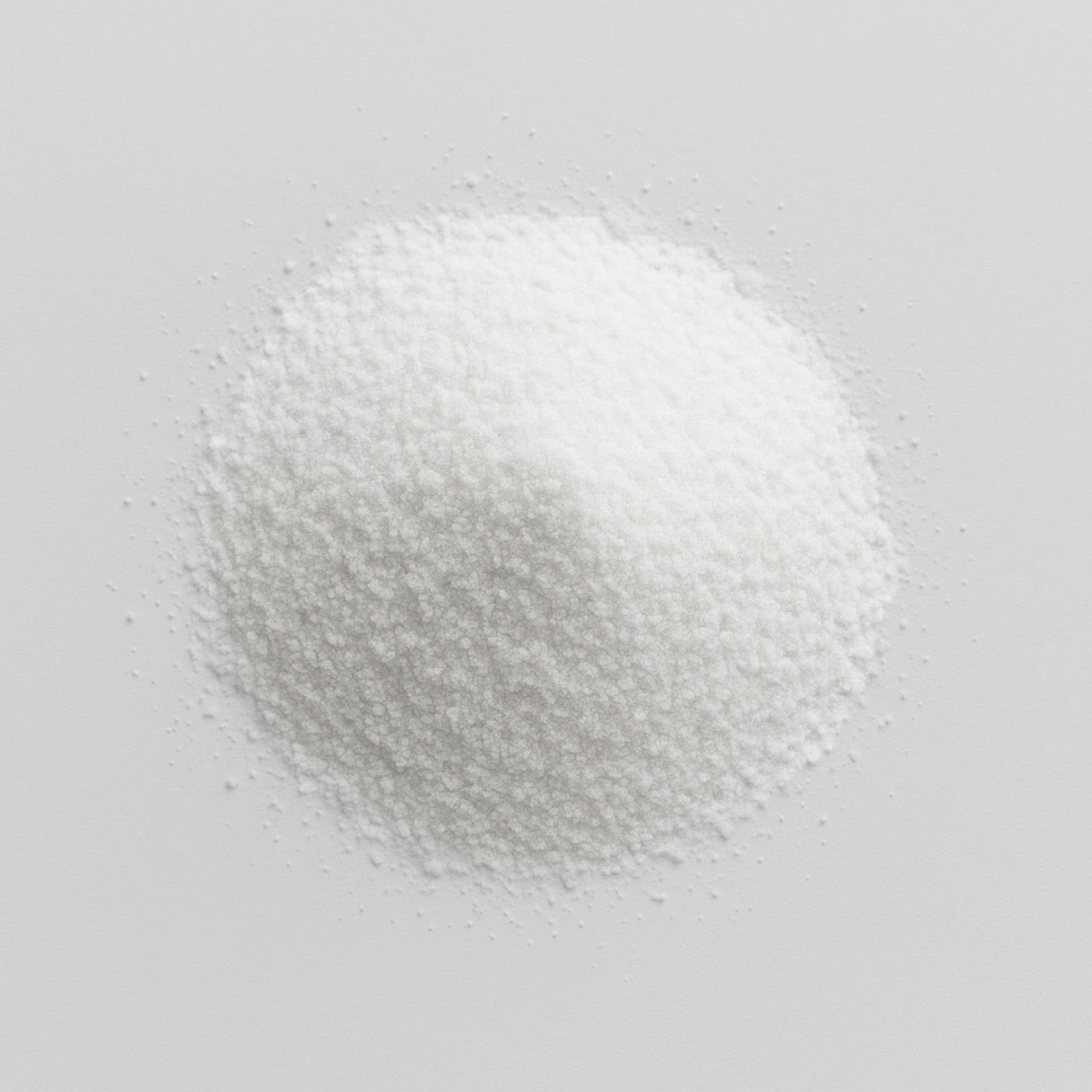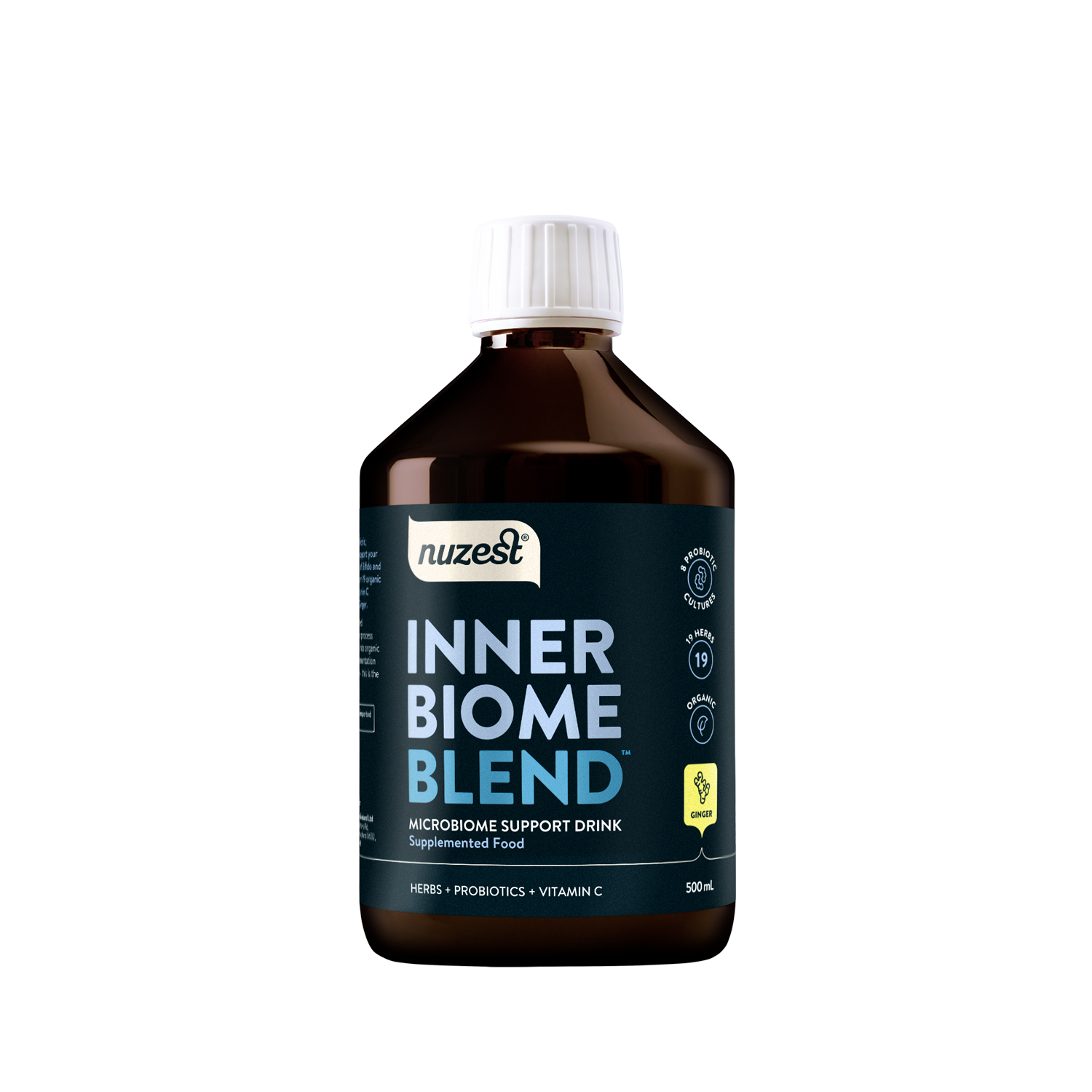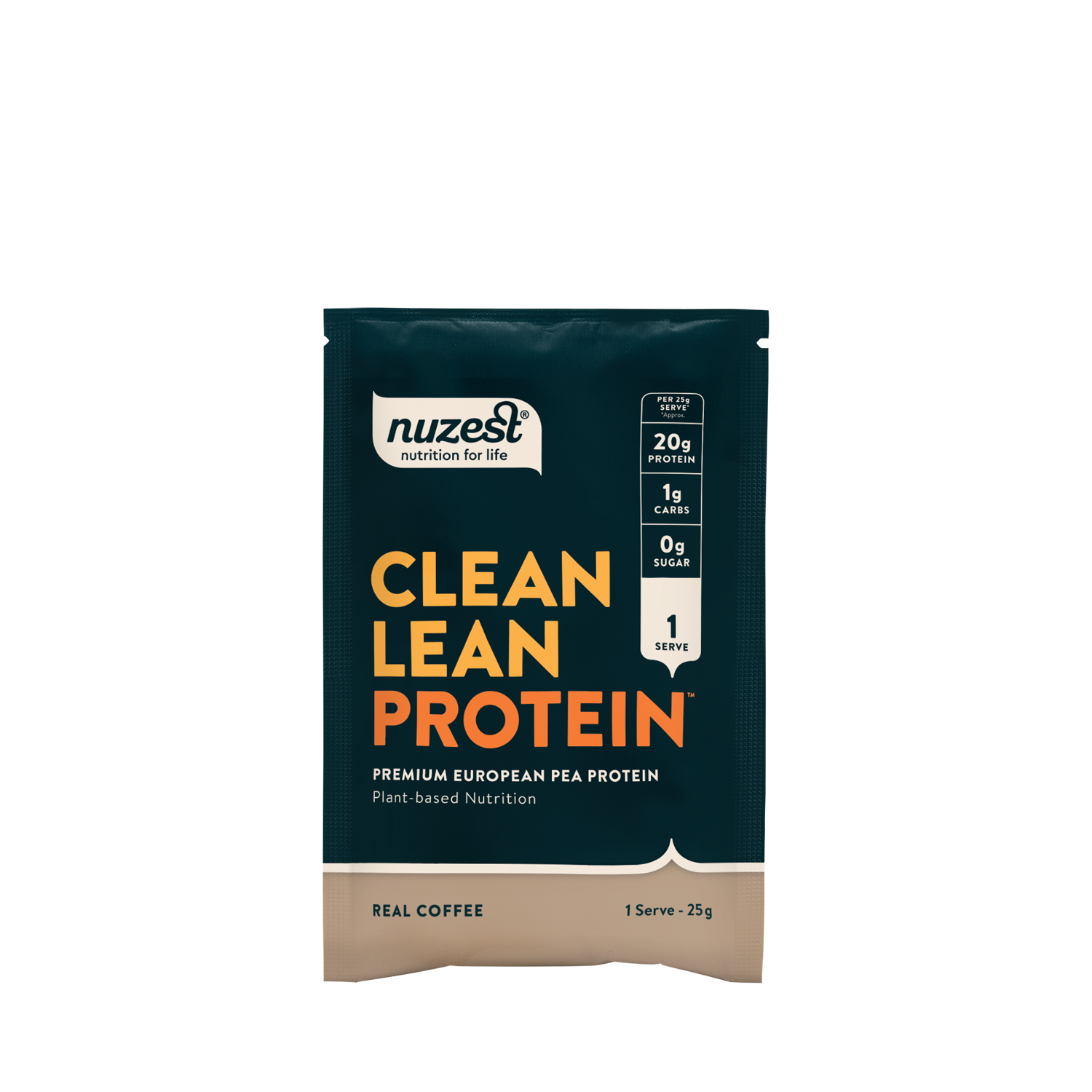Magnesium citrate

Magnesium citrate is a compound of magnesium and citric acid, commonly used in dietary supplements. It is valued for its solubility and bioavailability.
Products:
Magnesium Citrate and Muscle Cramps
Magnesium is essential for proper muscle function, and deficiencies in magnesium may contribute to muscle cramps. Magnesium citrate, in particular, has been shown to promote muscle relaxation, which can help decrease both the frequency and severity of cramps.¹ ²
Magnesium Citrate for Constipation
This form of magnesium functions as an effective natural laxative by drawing water into the intestines, which softens stools and facilitates bowel movements. It is commonly used for short-term relief of constipation; however, caution is advised with prolonged use to avoid potential adverse effects.³
How Can Magnesium Citrate Help with Digestion?
By relaxing the muscles of the gastrointestinal tract, magnesium citrate may support digestive processes. This action can help alleviate bloating and indigestion while promoting overall digestive health.⁴ ⁵
Which Is Better for Sleep – Magnesium Citrate or Glycinate?
Both forms of magnesium offer benefits, though magnesium glycinate is commonly chosen for its calming effects that may support sleep. In contrast, magnesium citrate—with its gentle laxative action—is typically preferred for addressing digestive concerns and muscle cramps.⁶ ⁷
Magnesium for Blood Sugar Management
Regulation of blood sugar and insulin sensitivity relies significantly on adequate magnesium levels. Magnesium citrate may aid in managing blood glucose, making it a potentially useful option for individuals with, or at risk of, diabetes.⁸











